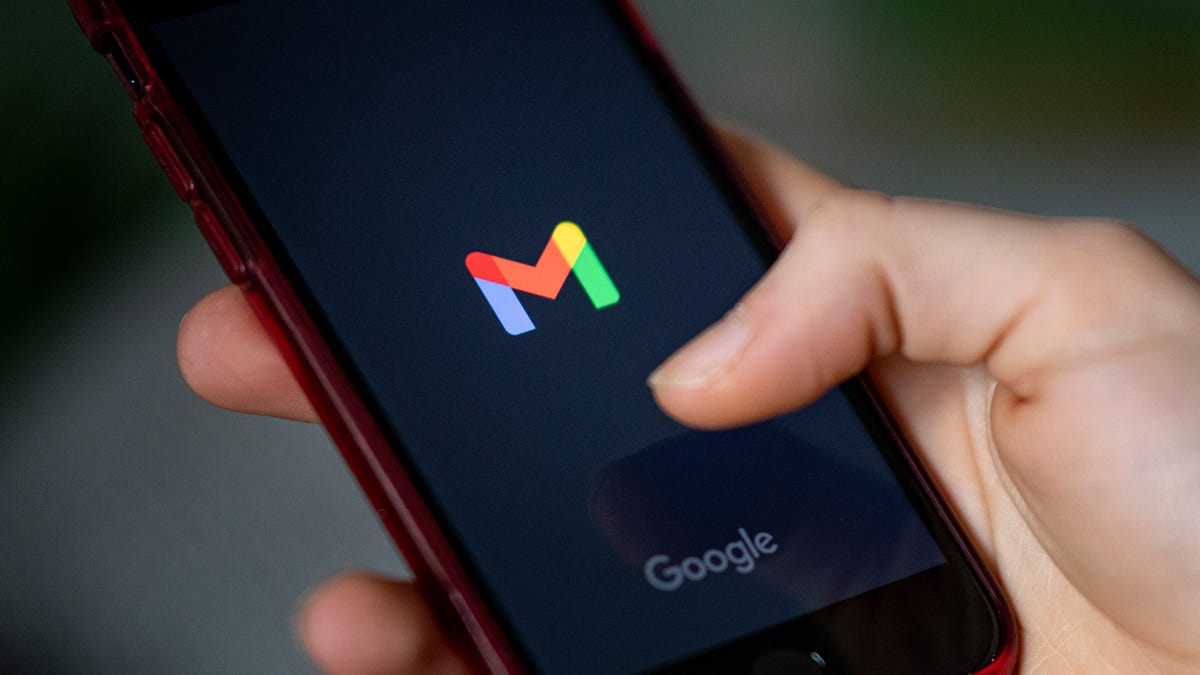- Google just spilled its airfare secrets: here's the cheapest day to book your next flight
- #Infosec2025: Top Six Cyber Trends CISOs Need to Know
- I tested Hisense's flagship Mini LED TV, and it left me with no OLED envy (especially at $700 off)
- Finally, an Android tablet that I wouldn't mind putting my iPad Pro away for
- 8 communication strategy tips for IT leaders
Gmail's smart replies get smarter, but only for some users

Gmail’s Smart Reply feature is getting a lot smarter — with a lot of help from Google’s AI model.
For years, Smart Reply utilized machine learning to suggest three stock responses based on the content of an email. Now Google is turning the feature into Contextual Smart Replies. With the assistance of Gemini, Smart Replies now considers the overall context of a conversation when creating content.
Also: Google Workspace users just got a big AI freebie – Gemini
According to Google, three response suggestions will appear at the bottom of your draft reply when you begin answering an email. Hovering over one gives you a preview of the text. Select the one you like most. If you feel the text needs some changes, you can edit Gemini’s answer right within the email. Or you can send it out as is — it’s your choice.
Gmail Contextual Smart Replies is rolling out to Google Workspace customers who subscribe to one of five services. These are Google One AI Premium ($20/month), Gemini Business ($20/month), Gemini Enterprise ($30/month), Gemini Education ($18/month), and Education Premium ($27/month).
Adventurous users can join Google Workspace Labs to try out the tool. Non-subscribers will continue using the regular Smart Reply feature. Because the new tool is powered by generative AI, Google cautions that the feature “may suggest inaccurate or inappropriate information.” If you encounter an error, the company asks that you provide feedback so it can improve the technology.
Next to each AI response will be a thumbs up and a thumbs down icon signifying good and bad suggestions. Selecting thumbs down opens up a pop-up window where you write detailed feedback. Google recommends that you don’t include “personal, sensitive, or confidential information” in your feedback.
There are a couple of limitations worth noting: Contextual Smart Replies supports only English and — apparently — is exclusive to the Gmail app on mobile devices. Google’s support page for the feature mentions Android, iOS, and iPadOS, but nothing about the desktop version.
We asked Google if it plans on expanding Contextual Smart Replies to web browsers, and we’ll update this story if we hear back.

